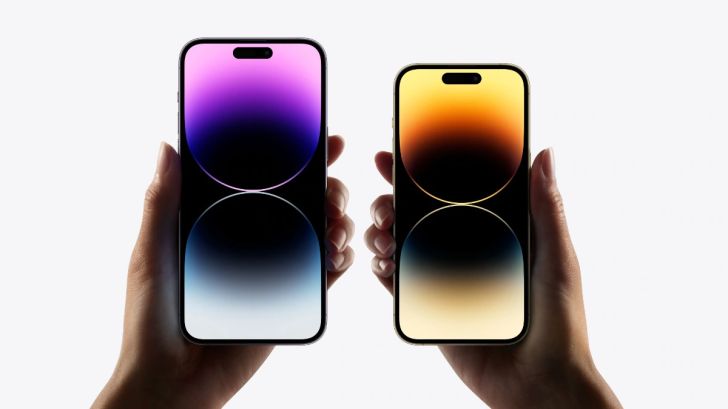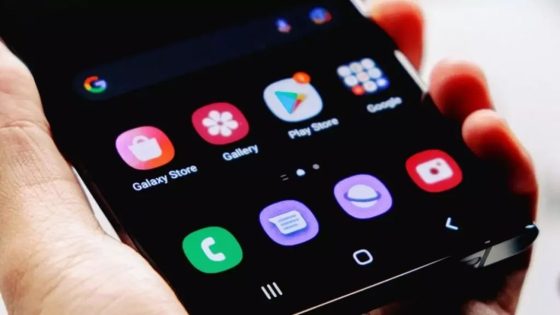iOS 17.2 Could Enable Sideloading As DMA Pressures Apple Into Opening App Store،
The Digital Markets Act, enforced by the European Union, changes the way Apple handles many issues, such as prohibiting developers from contacting app users outside of the App Store. In accordance with an EU directive, Apple also plans to allow third-party app stores on iOS devices, such as iPhones and iPads. However, the latest reports suggest that the Cupertino-based tech giant could also allow sideloading of apps on its devices, which is a big step forward from what the company has been doing for years.
iOS 17.2 Beta code contains references to sideloading
According to a report by 9To5Mac, iOS 17.2 beta comes with Managed App Distribution. Since then, Apple has released an official document explaining that Managed Apps are featured, downloading apps that a “business, educational institution, or other provides to its employees or students.” To explain to developers, the company writes that “your application provides your organization with a place to sell these managed applications,” implying that some developers, if they fall into this category, might distribute certain applications.
Therefore, even though it is sideloading (technically), it will be limited to mobile device management. This will not be a feature that users can turn on or off. Instead, it will allow managers to push certain applications related to a person’s professional workflow. Remember, this is just an example; the framework was spotted in a beta version of iOS. Therefore, it is possible that Apple will make specific changes before the final version is released as part of a stable iOS update.
However, since the post also found a region lock in the code, it is possible that the company will release sideloading for specific regions, or even all.
What is app sideloading?

Each smartphone manufacturer relies on an operating system. The operating system, whether Android or iOS, has a default app store for downloading and installing apps. While Android devices have the Google Play Store, Apple devices have the App Store.
Apart from providing an app distribution platform, these online stores also carry out several security checks before releasing an app to the general public. However, sideloading apps involves installing programs from third-party sources.
Over the years, Android and iOS have taken a different approach to sideloading. While Android allows users to use apps from third-party sources, such as websites, Apple does not allow iPhone or iPad users to do the same, citing security concerns.
This allows the company to have better control over the App Store and ensure that only useful apps are available online. However, the DMA sees this as an unfair advantage that the company uses to completely control what happens on the App Store and what doesn’t.
You can follow Smartprix on Twitter, Facebook, Instagram and Google News. Visit smartprix.com for the latest news, reviews and technical guides.
















